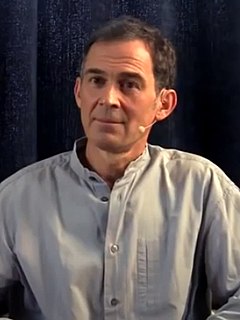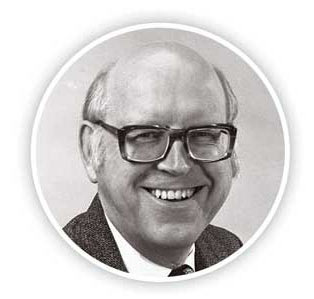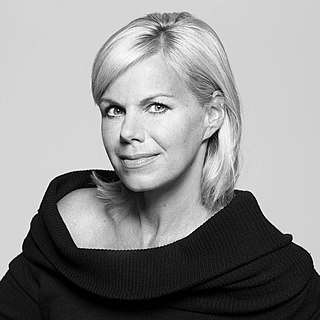A Quote by Gijs de Vries
In intelligence work, there are limits to the amount of information one can share. Confidentiality is essential.
Quote Topics
Related Quotes
We have to remember that information sharing is restricted by legal barriers and cultural barriers and by the notion that information is power and therefore should be hoarded so if you share information you can extract something in exchange. In today's digital online world, those who don't share information will be isolated and left behind. We need the data of other countries to connect the dots.
It's necessary to understand what real intelligence work is. It will never cease. It's absolutely essential that we have it. At its best, it is simply the left arm of healthy governmental curiosity. It brings to a strong government what it needs to know. It's the collection of information, a journalistic job, if you will, but done in secret.
As many of my colleagues know, TikTok, like other Chinese companies is required under Chinese law to share information with the government and its institutions. There are real concerns that this app could also collect information on users in the United States to advance Chinese counter-intelligence efforts.
I'm advocating for companies not to make women sign confidentiality clauses just to be able to come to work. I understand that companies need to keep some things secret - like business practices and trade secrets - but confidentiality clauses were never supposed to be keeping private what's happening to people within the workplace. It's a human right issue.
Political journalists love graduate student intelligence, the ability to make clever allusions in seminars, and in 1999-2000, they hassled George W Bush for not having it. They didn't realise what this book succinctly displays: that the president has something far more important - CEO intelligence, the ability to ask tough questions, garner essential information and make discerning decisions.
Like all disciplines where information is shared and work contributes to their advancement, cuisine should be no different. The kitchen is our life, and we are available to share. We want to share our work so that future generations can cook and create a more efficient, easy and unquestionable quality.


































